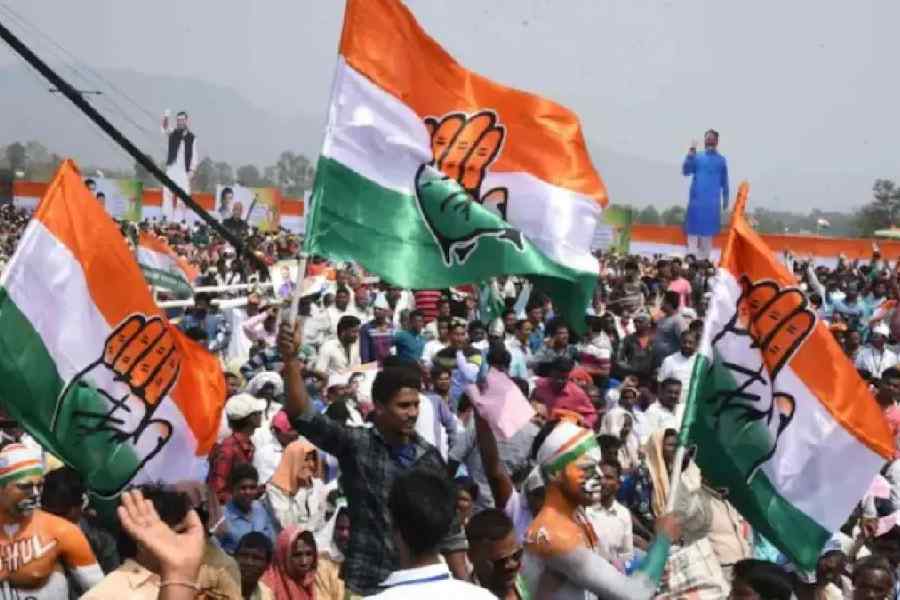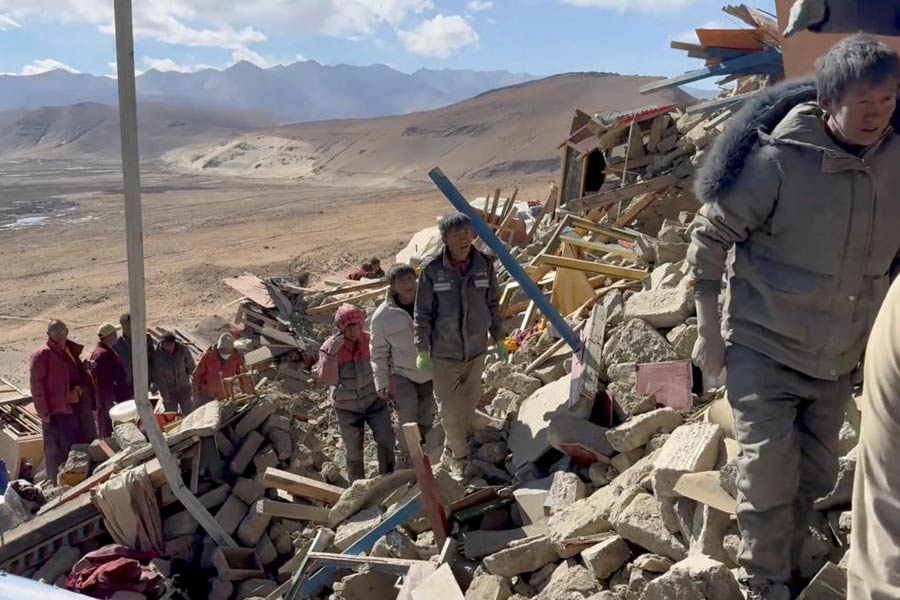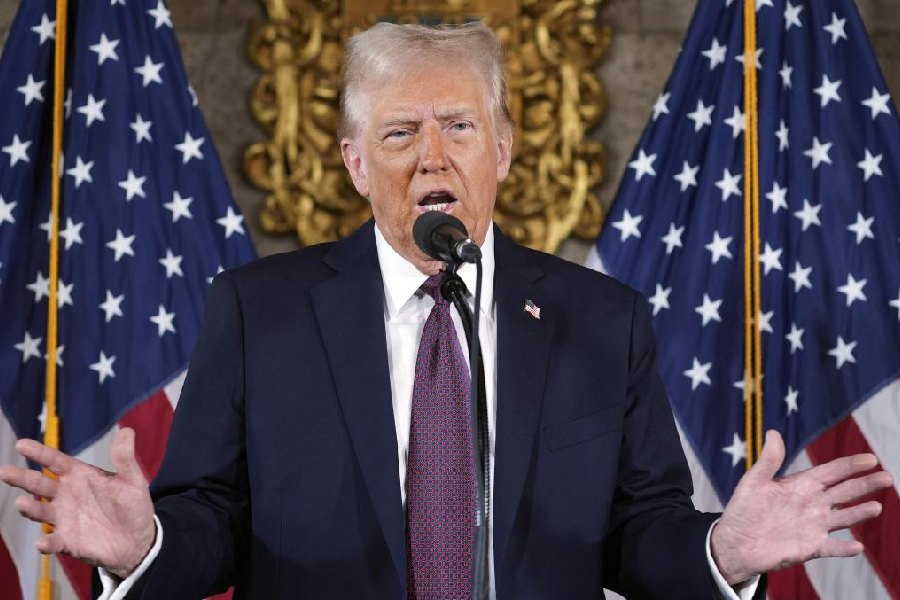The Supreme Court on Wednesday allowed the CBI to probe actor Sushant Singh Rajput’s death, saying the allegations of “political interference” by the Maharashtra and Bihar governments against each other had brought the investigation “under a cloud”.
The CBI had already taken up the probe on a request from the Bihar government but Maharashtra had opposed the move. Sushant lived and worked in Mumbai but was brought up in Bihar, where his family is based.
On Wednesday, the apex court cleared the CBI probe, saying an agency independent of both state governments needed to investigate the matter to ensure public confidence and accord justice to “innocents who might be the target of vilification campaign”.
The single-judge bench of Justice Hrishikesh Roy stressed how the actor’s death by hanging on June 14 at his Bandra home had led to “conjectures” and the raising of “accusing fingers” in public.
Sushant’s fans have accused some of Bollywood’s big names of humiliating and ostracising the actor while his family has alleged financial and psychological victimisation by his live-in partner Rhea Chakraborty.
“Because both states are making acrimonious allegations of political interference against each other, the legitimacy of the investigation has come under a cloud. Accusing fingers are being pointed and people have taken the liberty to put out their own conjectures and theories,” the court said.
“The dissemination of the real facts through unbiased investigation would certainly result in justice for the innocents, who might be the target of vilification campaign. Equally importantly, when integrity and credibility of the investigation is discernible, the trust, faith and confidence of the common man in the judicial process will resonate.”
The court was dealing with a plea from Rhea challenging the Bihar police’s right to probe the case, and cross-appeals moved by Sushant’s father Krishna Kishore Singh and the Bihar government.
Maharashtra had objected to probes by either the CBI or the Bihar police. While the CBI would normally have needed Maharashtra’s consent to conduct the probe, the apex court said it was passing the order under Article 142 to remove the necessity.
Article 142 empowers the Supreme Court to pass any directives to render complete justice.
The court noted that Maharashtra had not registered an FIR but merely proceeded under Section 174 of the Code of Criminal Procedure for the limited purpose of a preliminary inquiry into the “apparent cause of unnatural death”.
“Therefore, as it appears, no investigation pursuant to commission of a cognisable offence is being carried out by the Mumbai police,” it said.
Bihar’s police had registered an FIR on a complaint from Sushant’s father and begun an investigation, the court noted.
“Moreover, the allegation relating to criminal breach of trust and misappropriation of money which were to be eventually accounted for in Patna (where the complainant resides) could prima facie indicate the lawful jurisdiction of the Patna police,” the court said.
“Patna police committed no illegality in registering the complaint.... For the same reason, the Bihar government was competent to give consent for entrustment of investigation to the CBI and as such the ongoing investigation by the CBI is held to be lawful.”
If a new case is registered in Mumbai relating to Sushant’s death, the CBI can investigate that too, the court said.
It added that “prima facie”, there didn’t seem to have been any “wrongdoing” by the Mumbai police. “However, their obstruction to the Bihar police team at Mumbai could have been avoided since it gave rise to suspicion on the bona fide of their inquiry.”











